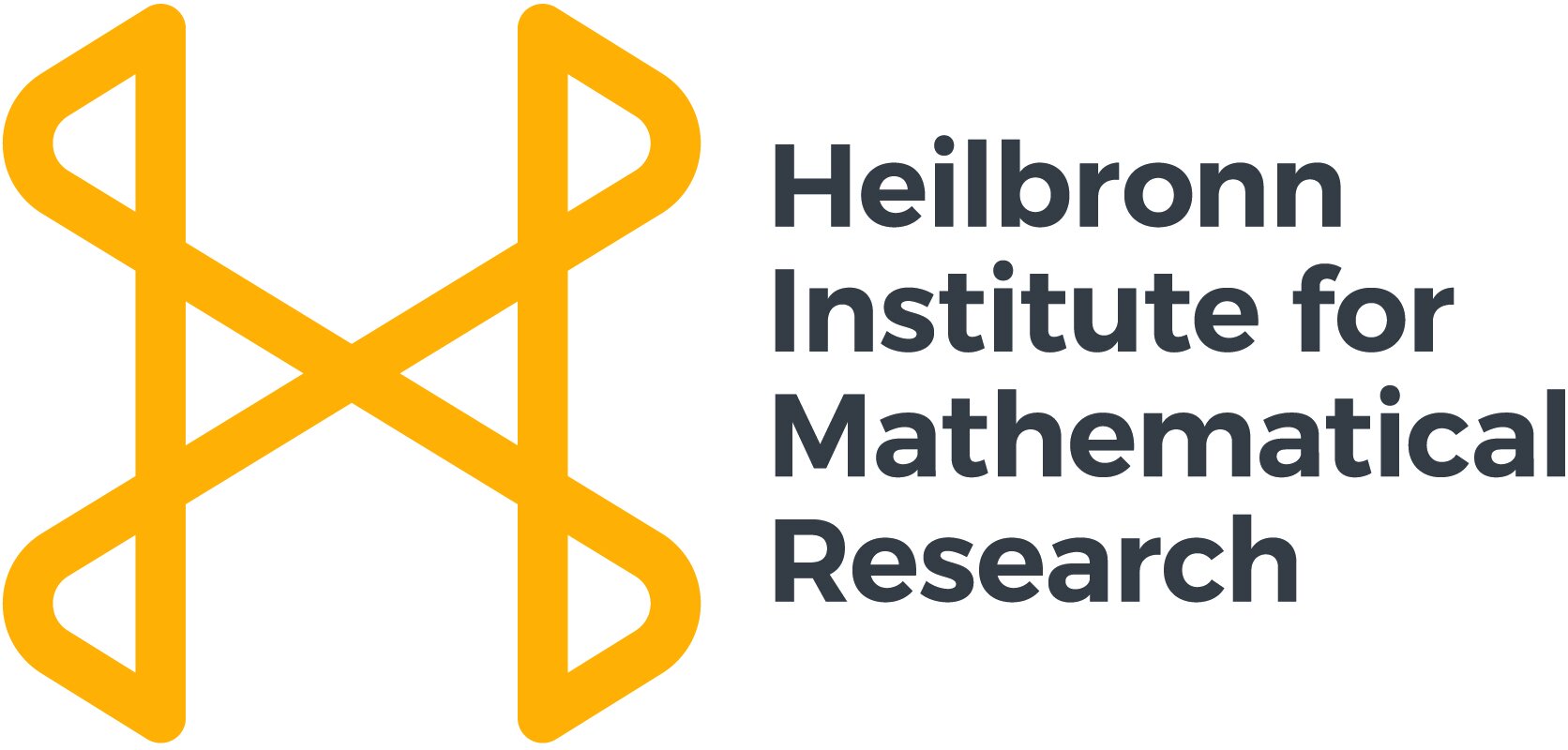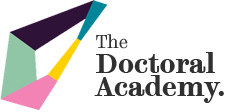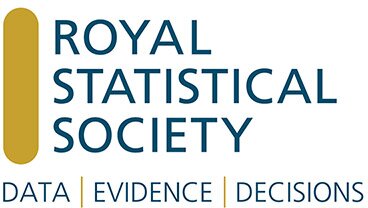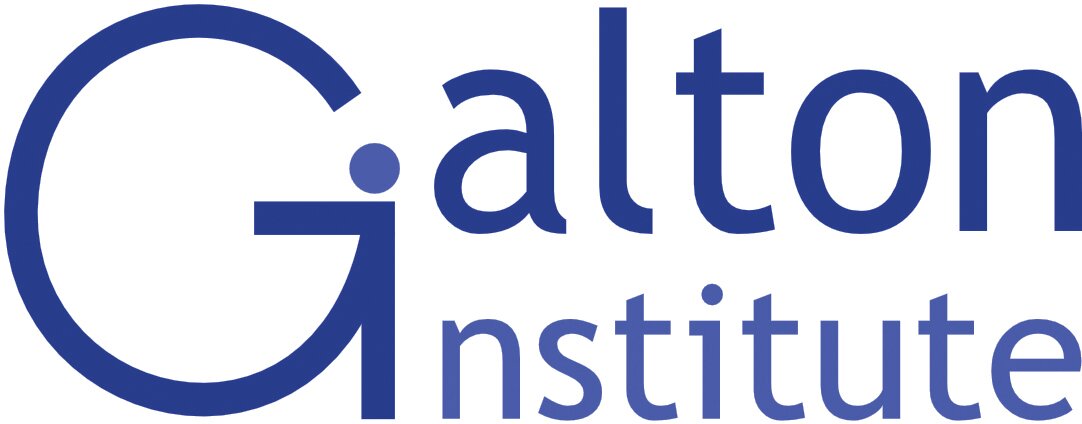Writing Mathematics and Statistics Research Abstracts: Crafting a Winning Summary
Are you a budding mathematician, statistician, or researcher looking to make your mark in the academic world? Well, hold onto your pocket protectors, because we're about to dive deep into the art of writing Mathematics and Statistics Research Abstracts. In this extensive guide, we'll break down the process of crafting a winning summary that not only impresses your peers but also makes your research shine like a supernova in the scientific cosmos.
The Importance of Research Abstracts
Picture this: You've spent months, maybe even years, delving into the intricacies of your research. You've crunched numbers, derived equations, and analyzed data until you see matrices in your dreams. Now, what if I told you that all this hard work could be in vain if your research abstract doesn't cut the mustard?
Research abstracts are the gateway to your scholarly masterpiece. They're the first thing reviewers and fellow researchers see, and if they're not captivated from the get-go, your groundbreaking research might as well be lost in a sea of academic papers. Purchase dissertation abstract to ensure your work stands out!
Understanding Research Abstracts
Now that you understand the importance of research abstracts let's delve deeper into what they actually are. In this chapter, we'll dissect the anatomy of a research abstract, exploring its various types and the key elements that make it effective. Think of this as your crash course in abstractology.
What Is a Research Abstract?
Let's start with the basics. What exactly is a research abstract? Think of it as the trailer for a blockbuster movie. It should provide a tantalizing glimpse into the full story, leaving the audience hungry for more. In this case, the audience is your readers, and the story is your research.
A research abstract is a concise summary of your study, typically ranging from 150 to 250 words. It's your research's elevator pitch, a brief but comprehensive snapshot that outlines your research question, methods, findings, and significance.
Types of Research Abstracts
Now, here's where it gets interesting. Research abstracts come in different flavors. There are structured and unstructured abstracts, descriptive and informative abstracts, and even graphical abstracts. The type you choose depends on the requirements of the journal or conference you're targeting.
Structured abstracts follow a specific format, breaking your abstract into sections like Purpose, Methods, Results, and Conclusion. On the other hand, unstructured abstracts give you more creative freedom, allowing you to mold your summary as you see fit.
Key Elements of an Effective Abstract
What separates a mind-blowing abstract from a forgettable one? It all comes down to key elements like clarity, conciseness, and completeness. Your abstract should be crystal clear, conveying your research's main points without any ambiguity. Keep it concise – every word counts. And most importantly, make sure your abstract tells the whole story, from the problem you're tackling to the juicy results you've uncovered.
Setting the Foundation
Every great work of art starts with a blank canvas, and your research is no different. In this chapter, we'll help you lay the groundwork for your abstract by discussing how to select a compelling research topic, define a clear research question, and conduct a literature review. Consider this the blueprint for your abstract masterpiece.
Selecting Your Research Topic
Before you can craft a stellar abstract, you need a stellar research topic. Your topic is the North Star guiding your academic journey, so choose wisely. Think about what excites you, what puzzles you, and what makes you want to dive headfirst into the world of numbers and data.
Defining Your Research Question
Now that you have a topic, it's time to zoom in and define your research question. What burning issue in your field do you want to address? What knowledge gap are you trying to fill? Your research question is the compass that will steer you through the labyrinth of data and analysis.
Conducting a Literature Review
Here's a little secret: you're not the first adventurer in the realm of academia. Countless researchers have walked this path before you, and their work is your treasure trove of knowledge. A thorough literature review will help you understand the existing research landscape and find your unique contribution.
Crafting the Perfect Abstract
Now, it's time to roll up your sleeves and start crafting your abstract. In this chapter, we'll walk you through the essential steps, from selecting the perfect title to structuring your abstract for maximum impact. We'll also dive into the art of concise and clear writing, and we'll steer you away from common pitfalls.
-
Title Selection and Formatting
Your abstract's title is your first chance to make an impression. It should be catchy, concise, and hint at the heart of your research. Think of it as the headline of a newspaper article – it should pique curiosity and entice readers to delve deeper.
-
Structuring Your Abstract
Structure is the backbone of a compelling abstract. Whether you're going for a structured or unstructured format, make sure your abstract flows logically. Begin with the problem, delve into your methods, present your results, and conclude with the significance of your findings.
-
Writing Concisely and Clearly
In the world of abstracts, brevity is king. Every word should pull its weight, conveying essential information. Avoid jargon and complex sentences that could send your readers into a linguistic tailspin.
-
Avoiding Common Mistakes
Let's face it; we're all human, and even the best of us make mistakes. But in the world of abstracts, certain pitfalls can be fatal. We'll explore these landmines and show you how to sidestep them with finesse.
For additional information about the committee and its members, please visit their dedicated page at https://rsc2018.co.uk/about_committee.html.
Mathematics Abstracts
Mathematics is its own unique language, and translating it into words can be a challenge. In this chapter, we'll explore the intricacies of writing mathematics abstracts. We'll discuss the hurdles you might face and share strategies for achieving the clarity and precision that mathematics demands. Get ready for a mathematical journey like no other.
-
Challenges in Writing Mathematics Abstracts
Ah, mathematics, the language of the universe. But translating the beauty of math into words can be a Herculean task. We'll dive into the unique challenges of crafting a math abstract and how to conquer them.
-
Strategies for Clarity and Precision
In the world of mathematics, clarity and precision reign supreme. We'll explore techniques to ensure your math abstract is as sharp as Occam's Razor.
-
Examples and Sample Mathematics Abstracts
They say a picture is worth a thousand words, but in this case, a well-crafted example can be worth even more. We'll dissect some real-life math abstracts to see what makes them tick.
Statistics Abstracts
Statistics, the backbone of data-driven research. But how do you distill complex statistical methods into a few hundred words? In this chapter, we'll unravel the mysteries of statistics abstracts. We'll discuss their unique aspects and provide guidance on effectively communicating your data and methodology.
Unique Aspects of Statistics Abstracts
Statistics, the wizardry behind data analysis. But how do you convey the complexity of statistical methods in a few hundred words? We'll unravel the unique challenges of writing a statistics abstract.
Communicating Data and Methodology
Statistics abstracts need to walk a tightrope between clarity and complexity. We'll reveal strategies for effectively communicating your data and methodology without overwhelming your audience.
Examples and Sample Statistics Abstracts
Ready for some data-driven inspiration? We'll analyze real statistics abstracts that struck the perfect balance between information and accessibility.
Tailoring Your Abstract to Different Audiences
Not all readers wear the same academic hat. In this chapter, we'll explore the art of adapting your abstract for different audiences. Whether you're writing for experts or newcomers to your field, we've got you covered. Plus, we'll delve into tailoring your abstract to specific journals and conferences.
Adapting for Experts vs. Non-experts
Not all readers are created equal. Some are seasoned experts, while others are just dipping their toes into your field. We'll show you how to tweak your abstract to cater to different levels of expertise.
Addressing Different Journals and Conferences
Every academic playground has its own rules. We'll guide you on how to adapt your abstract to fit the specific requirements of different journals and conferences.
Polishing Your Abstract
Even the most brilliant abstract can benefit from a bit of polish. In this chapter, we'll guide you through the crucial steps of proofreading and editing. We'll also discuss the importance of seeking peer feedback and ensuring your abstract adheres to strict formatting and citation style guidelines.
Proofreading and Editing
Even the most brilliant abstract can be marred by typos and grammatical blunders. We'll share tips on proofreading and editing to ensure your abstract shines like a polished gem.
Seeking Peer Feedback
Two heads are better than one, and a panel of experts beats that. Learn how to seek peer feedback and fine-tune your abstract through the lens of experienced eyes.
Formatting and Citation Style Guidelines
Details matter, and so does formatting. We'll delve into the nitty-gritty of formatting and citation styles to ensure your abstract complies with the highest standards.
Submission and Beyond
Your abstract is ready to shine, but what's next? In this chapter, we'll take you through the submission process, from selecting the right platform for your work to preparing for a presentation if your abstract is accepted. We'll also touch on future considerations for your research journey.
Submitting Your Abstract
You've polished your abstract to perfection, and now it's time to send it out into the world. We'll guide you through the submission process, from selecting the right journal to crafting an enticing cover letter.
Preparing for Presentation
Congratulations! Your abstract has made the cut, and you're headed for a conference presentation. We'll help you prepare for your moment in the spotlight, from creating killer slides to mastering the art of confident speaking.
Future Considerations for Your Research
The journey doesn't end with your abstract. We'll discuss how to build on your research and turn it into a body of work that leaves a lasting impact in your field.
Conclusion
We've covered a lot of ground in this abstract odyssey. In this final chapter, we'll recap the key lessons and insights that will transform you into a master of research abstracts.
To all the budding researchers out there, remember that every great scientist started with a simple question. Your journey is just beginning, and the world of research is vast and full of wonder. Embrace the challenges, celebrate the victories, and keep pushing the boundaries of human knowledge.
Now, armed with this knowledge, go forth and conquer the world of research abstracts like the scholarly superhero you are!
Sponsors













Description
The RSC is an annual conference that is organised by students, for students, and open to PhD students or equivalent in any field relating to probability or statistics. The next conference will take place 24-27th July 2018 at the University of Sheffield.
Get in touch
Email:
Facebook